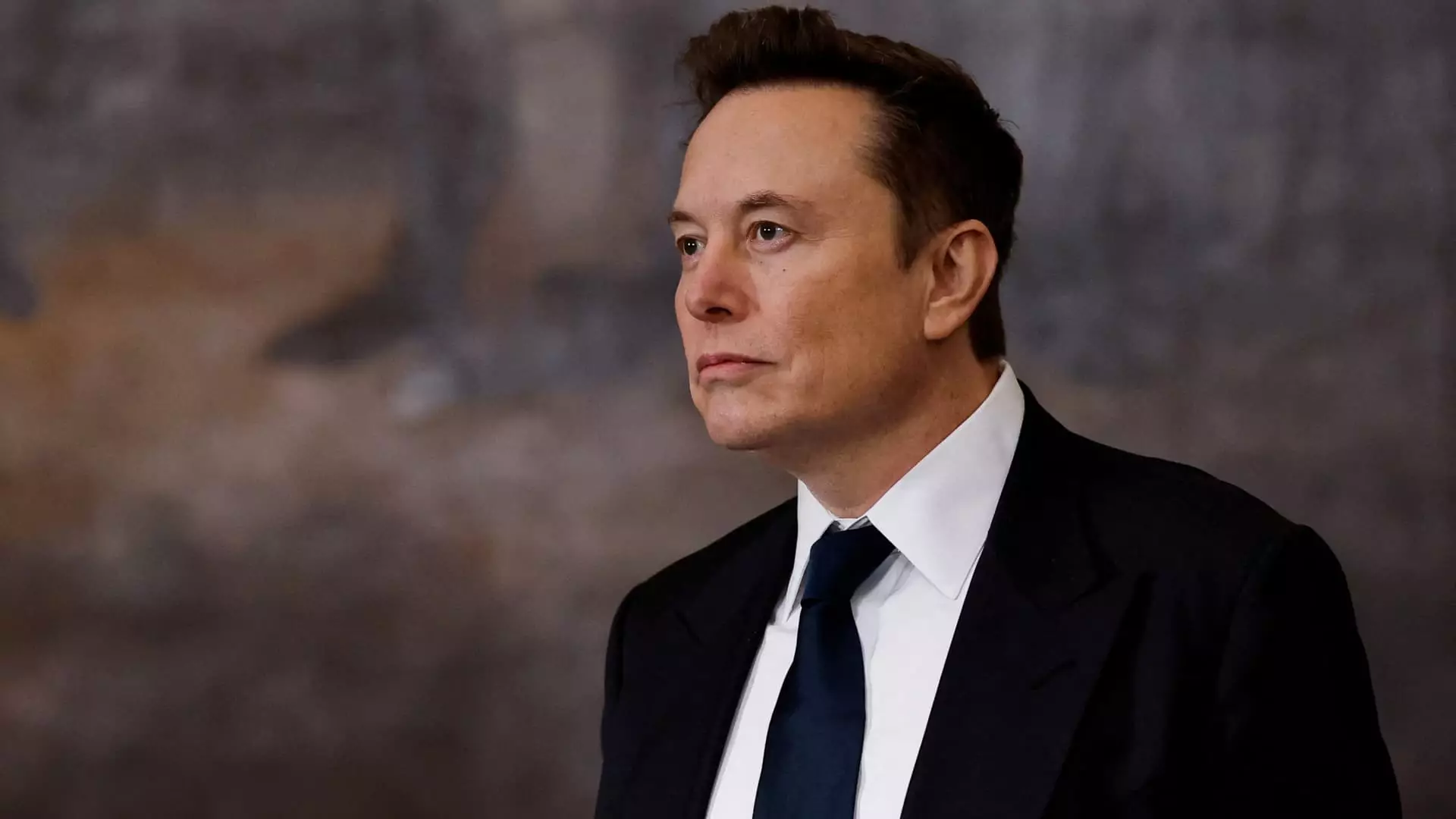In a recent legal development, U.S. District Judge John Bates delivered a controversial ruling which permitted Elon Musk’s new governmental initiative, the Department of Government Efficiency (DOGE), to access information from the U.S. Department of Labor. This decision comes as a significant moment in an ongoing battle between Musk’s ambitious plans to optimize the federal bureaucracy and the collective resistance from various labor unions and advocacy groups. The American Federation of Labor and Congress of Industrial Organizations (AFL-CIO), representing a large number of federal employees, argues this access could lead to significant breaches of confidentiality, especially concerning investigations involving Musk’s conglomerate of companies.
The ruling has stirred a debate about the balance of power between public service obligations and private interests in the government space. AFL-CIO President Liz Shuler characterized the ruling as a setback yet insisted the battle was far from over, stating, “We will provide more evidence to support our claims.” This remark underlines the ongoing tensions and heightened feelings of vulnerability among union employees regarding their job security and privacy.
Elon Musk, known as the world’s richest individual and the face behind major companies like Tesla and SpaceX, has been appointed to lead DOGE as part of an effort initiated by former President Donald Trump to rectify inefficiencies in government spending. However, this extraordinary delegation of authority to a private individual raises critical ethical considerations. Does one person, no matter how successful in the private sector, possess the insight or qualifications necessary to overhaul government agencies which serve multifaceted and often vulnerable communities?
Upon looking deeper into this issue, it becomes evident that Musk’s ambitions could lead to unprecedented changes, including potential agency dismantlement and workforce reductions. Critics have expressed concerns that the methods employed by Musk might undermine essential government functions, particularly those that cater to low-income populations and public welfare.
The ramifications of this unfolding dispute extend beyond mere workplace dynamics. The unions argue that Musk’s access to the Department of Labor’s systems could enable him to gather sensitive information regarding investigations from agencies like the Occupational Safety and Health Administration (OSHA). Such revelations could benefit Musk’s businesses by offering insights into regulatory scrutiny that could be applied to them or their competitors. The danger posed by this situation is twofold: first, it could compromise the integrity of governmental investigations and second, it undermines the confidentiality expected by whistleblowers and employees seeking protections against workplace injustices.
In addition to the Labor Department case, a parallel legal action has been initiated by another group of unions against the Treasury Department. They argue that the transmission of sensitive payment data to DOGE violates privacy regulations and could expose government workers to retaliation and discrimination. This indicates a growing unease among federal employees regarding the direction in which the government is heading under Musk’s influence.
As the various unions galvanize their efforts against these governmental changes, public opinion remains divided. While some support Musk’s intent to revolutionize bureaucratic inefficiencies, many citizens are wary of ceding too much power to a private entity. The idea that a billionaire could dictate the terms of federal employment raises alarm bells about accountability and the potential for conflict of interest.
The White House’s assurances that Musk will recuse himself from decisions where conflicts may arise may not quell these concerns. The existence of such a special arrangement for a business mogul poses questions about integrity in public service. Moreover, Musk’s attempts to close agencies like the U.S. Agency for International Development (USAID) have only amplified the anxiety surrounding the future of federal employment and public service provision.
As the case unfolds and the legality of DOGE’s actions continues to be debated, there remains a pressing need for dialogue regarding the accountability of private interests in shaping public policy. The controversy surrounding Musk’s endeavors serves as a call to reassess not only the structure of government efficiency but also the underlying ethical connotations of such significant alterations to public service agencies.

Leave a Reply